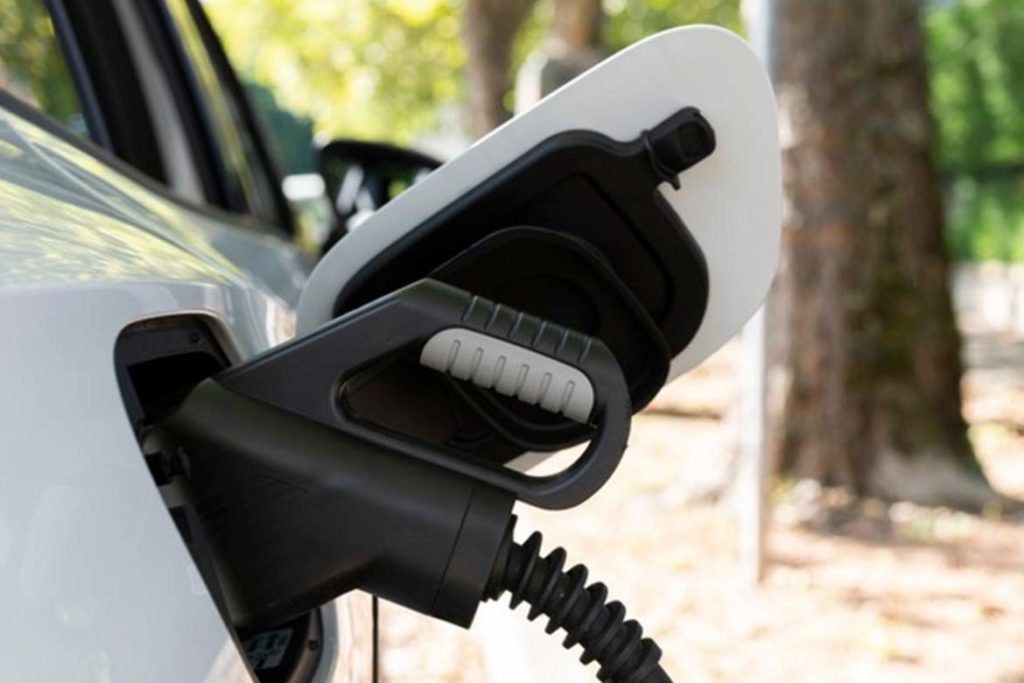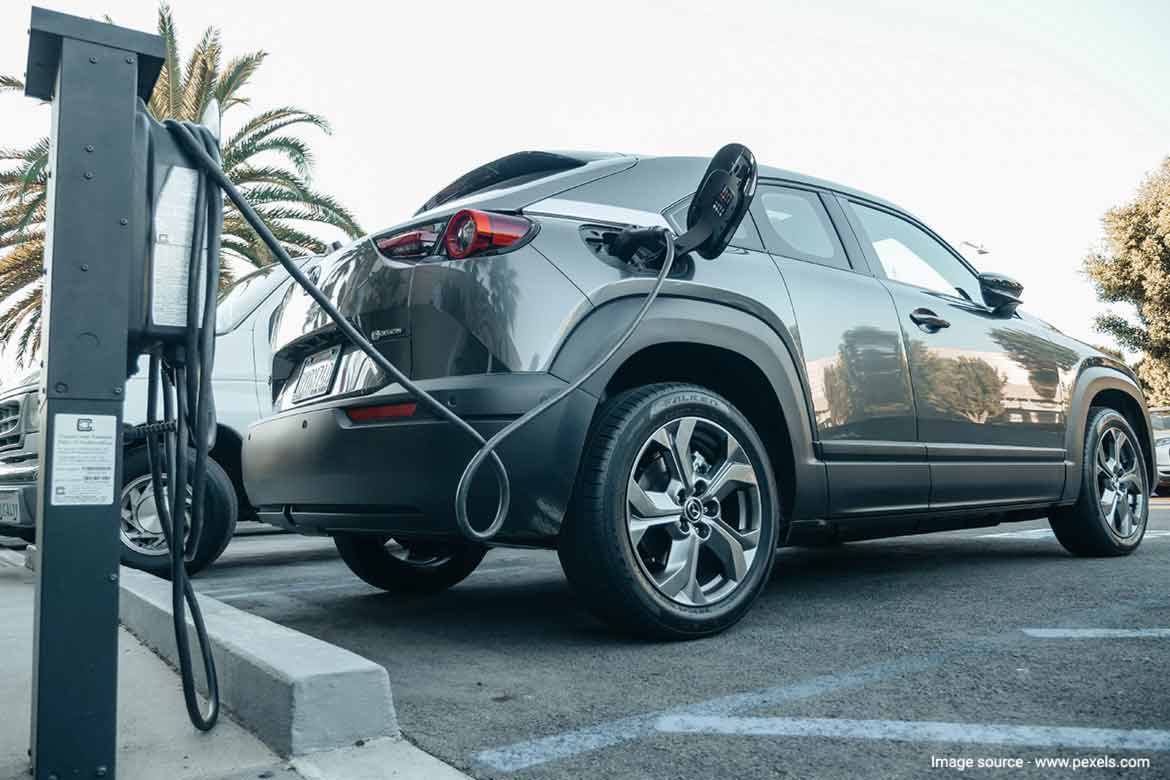Charging and battery technology is evolving as a crucial development among electric mobility projects. Almost all makers are working on the efficiency of the powertrain and have successfully reached beyond the efficiency figure of 95%. Upgradation in battery technology is the key to tapping the greatest potential for range and performance.
Huge improvements have been made by curating the chemical composition of a cell’s electrodes, optimizing the pack size, or improving the layout and structure of cells within a battery. However, these gains look modest when compared to the quantum leap promised by solid-state batteries. In this context let’s understand how these batteries can revolutionize the EV ecosystem.
What is a solid-state battery?
Also read: Big leap! Quantum batteries Will Eliminate The Need For Charging Battery
A solid-state battery has a higher energy density than a lithium-ion battery that uses an electrolyte solution. It uses solid electrodes and a solid electrolyte. There is no risk of explosion or fire, therefore various components are not required for safety, thus saving more space. This additional scope gives liberty to use more active ingredients which increases battery capacity.
Shortcomings of existing Li-ion batteries:
- Requires long charging period.
- Another major problem is that lithium metal is extremely reactive. Due to this many times, the incidents of fire in these batteries have come to the fore, causing safety concerns about it.
- The batteries are the result of an expensive manufacturing process.
- Although lithium-ion batteries are considered efficient enough, technology has not improved as much in terms of the battery’s range in the case of electric vehicles. This makes them a lesser affordable alternative to vehicles with internal combustion engines.
Where Solid-state battery has an upper edge?

Read more: Introducing All New Mini Cooper SE electric Price of Rs 47.20 lakh in India.
A solid-state battery can increase the energy density per unit area because a smaller number of batteries are required. For this reason, a solid-state battery is perfect for building modules and electric vehicle (EV) battery systems and requires high capacity.
The energy density of lithium-ion cells used in today’s mobile phones and electric vehicles is about four times greater than that of older generation nickel-cadmium batteries. Despite improvements in technology over the past decade, issues such as longer charging times and weaker energy densities remain. While lithium-ion batteries are seen as sufficiently efficient batteries for phones and laptops, they still lack the range that would make EVs a viable alternative to internal combustion engines.

